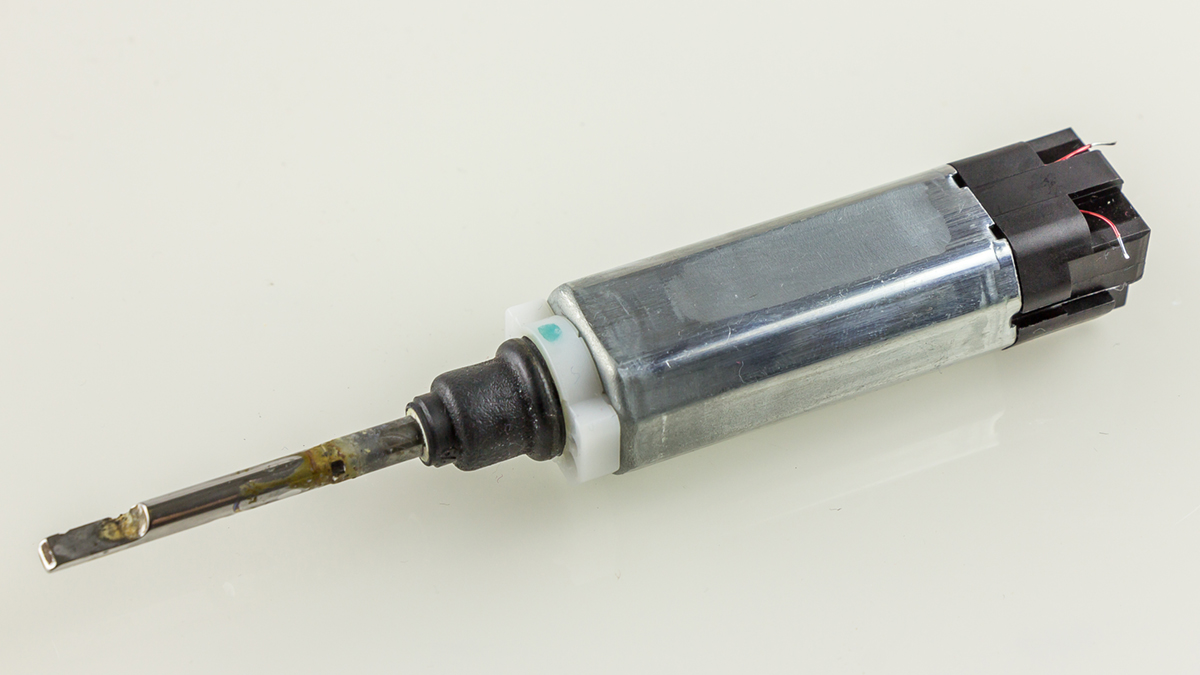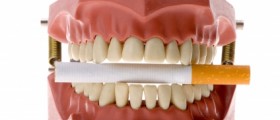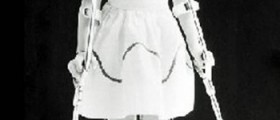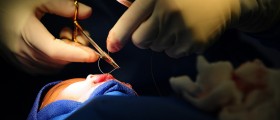
Oral Motor Deficit Overview An oral motor deficit is a condition characterized by weakness or paralysis of the muscles of the oral cavity. The oral muscles are muscles associated with speech and they include musculature of the mouth such as lips, tongue and jaw. Oral motor deficit can interfere with feeding, swallowing and articulation.
Causes of Oral Motor Deficit
Oral motor deficit can occur due to incorrect motor programming of the mouth muscles. This means that signals from the brain to the mouth are transmitted but the mouth fail to interpret these signals. Due to this, the muscles of the mouth may not be able to move at all or can move incorrectly. This causes food to be processed ineffectively in the mouth.
Oral motor deficit can also be caused by low muscle tone or weakness of the lip, jaw or tongue. Low muscle tone in the jaw in children usually manifests in consistent open mouth posture. Low muscle tone in the lip typically causes difficulty in puckering, drinking from a straw and regular spilling of liquids when drinking. Weakness of the tongue causes inability to stick the tongue out or to move the tongue from side to side.
Weakness of the musculature of the mouth can cause uncontrollable dropping of saliva from the mouth, or drooling. For improving feeding and speech difficulties it is vital to strengthen these muscles.
Management of food in the mouth like chewing and swallowing can be considerably affected by low oral muscle tone. A person with oral motor deficit can be unable to remove food from eating utensils and prevent food from falling out from the mouth.
Weak mouth musculature can also cause occasional chocking and delayed swallowing. Difficult management of food in the mouth often results in feeding disorders as an affected child can create an aversion to eating. Feeding disorders can be treated by supporting the oral muscles as well as readjusting neural pathways.
Treatment for Oral Motor DeficitOral motor deficit can be improved by oral motor therapy. This includes techniques for strengthening lips, jaw and tongue. Oral motor program consists of different exercises that should be performed on a daily basis in order to improve the strength of the oral muscles and neural pathways and improve motor programming.
Blowing edible bubbles can improve tongue strength and lip rounding. Sucking can be improved by using straw for drinking. Lollipops can be used for strengthening the lip and the tongue. Jaw muscle strength can be improved by having a child move his chin from side to side without moving the head.
















Your thoughts on this
Loading...